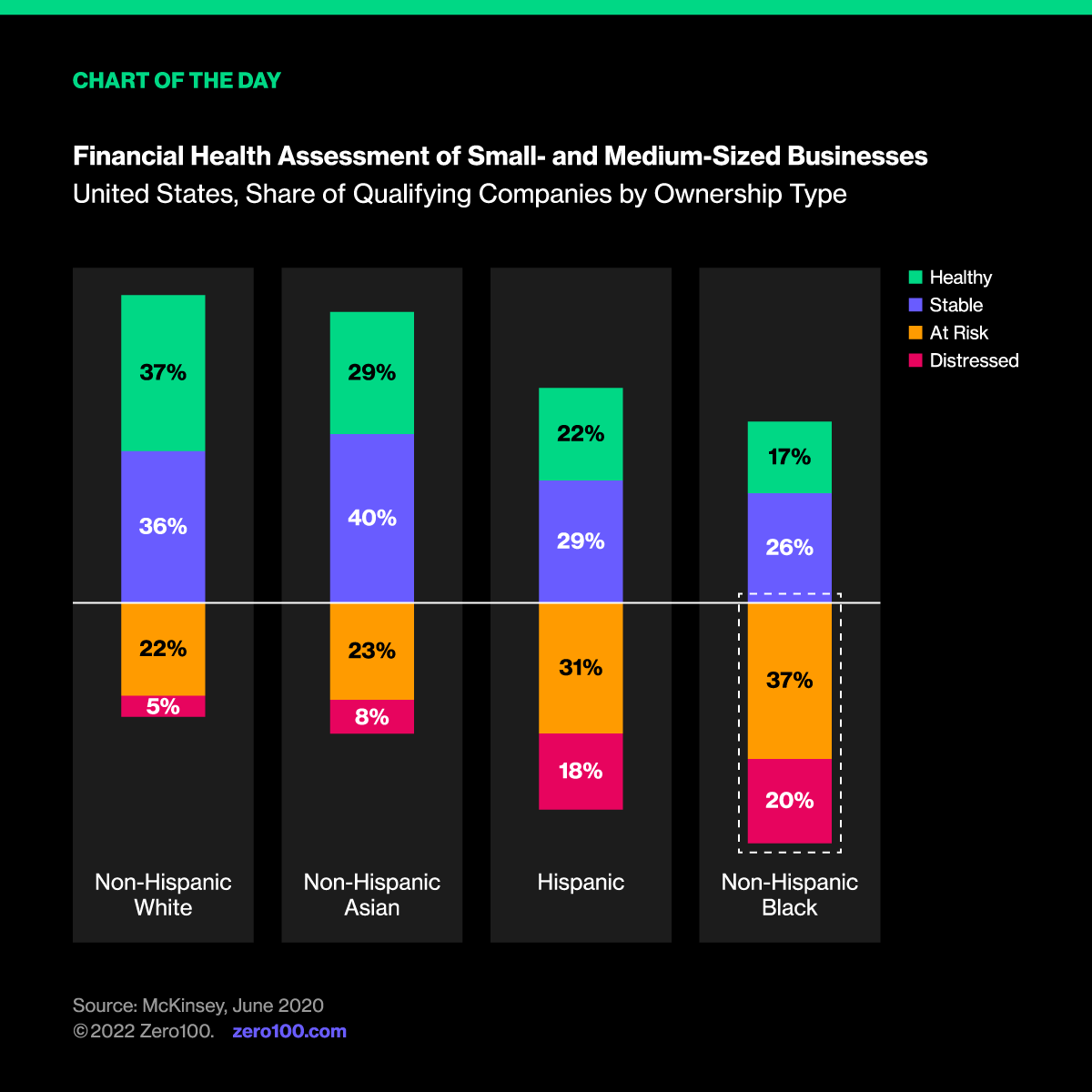The Arc of the Moral Universe is Long...
This upcoming Sunday is Juneteenth, otherwise known as Freedom Day or Emancipation Day. Formally recognized as a Federal Holiday last year, it commemorates the end of slavery in the United States. Notably, the date does not coincide with the issuance of the Emancipation Proclamation (January 1, 1863), nor the passage of the 13th Amendment (January 31, 1865).
Instead, June 19th recognizes the date on which the people of Texas were informed that all enslaved people were now free. This announcement was made by Union troops through General Order No. 3, issued ten weeks after the formal surrender of the Confederate Army (and six months before state ratification of the 13th Amendment).
The date is a powerful reminder that the struggle for equality is long, persistent, and precarious – a fact reinforced by a country still coping with racial injustice 157 years later.
An Unequal Recovery
Part of that struggle is rooted in the fact that the Black community remains disproportionately impacted by racial and ethnic disparities across most socioeconomic measures—underscored by sobering data coming out of the pandemic.
According to a report from the House Small Business Committee, Black business ownership rates plummeted -41% between February and April 2020 – the largest decline across any group. More than half (53%) of Black business owners also reported a drop in revenue since the onset of the pandemic (vs. 37% of White business owners). Nearly a fourth (22%) of owners of color were forced to lay off employees permanently (vs. 14% of White business owners). And of the business applicants that chose to identify race in loan application for the Paycheck Protection Program (PPP), Black-owned businesses represented only 1.9% of recipients (representing the widest under-representation by any demographic group on record with the Small Business Administration).
While corporations continue to invest in diversifying executive leadership, expanding supplier diversity programs, and enhancing DE&I measurement – an unequal path to recovery slows progress by compounding elements of systemic and structural racism.

Celebrating Perseverance
The extended supply chain crisis stressed the (already) uneven financial health of small- and medium-sized businesses (SMBs) profiled in the chart above.
Accordingly, at Zero100, we choose to celebrate Juneteenth by profiling Black owners and entrepreneurs who innovated their way out of crisis – underscoring the spirit of perseverance, resiliency, and tenacity encapsulated by the holiday at large.
- Isfahan Chambers-Harris (Alodia)
Four years after launch (2017), hair case brand Alodia secured their first retail partnership with Target at the most inopportune moment. A potential “game-changer” for the business, the purchase order from the retail giant was issued in August 2021 when half of Alodia's products were out-of-stock due to global supply constraints. Funding from the Black Ambition Prize provided an unconventional source of capital to meet the moment and accelerate the business, expand retail partnerships, and secure additional investors. - Kam & Summer Johnson (Zach & Zoe Sweet Bee Farm)
In contrast, the pandemic created the exact conditions for Zach & Zoe Sweet Bee Farm to flourish. Launched in 2015, the accidental business came about in response to seeking a remedy for the founder's youngest child (and brand namesake) who suffered from severe seasonal allergies. Raw honey's anti-inflammatory and immunotherapy applications became highly sought after during the pandemic – landing the brand on Oprah's Favorite Things list and Chase Bank's Brand Ambassador directory. - Erica Davis & Catherine Carter (The Sip)
The Sip was founded (2019) to address a cultural stereotype limiting which products the wine industry marketed to Black women. By leveraging a subscription box model to sample champagne and sparkling wine before committing to larger purchases, these former sorority sisters effectively established an accessible tasting room experience in the home. Despite launching in the midst of a crash in sparkling wine sales, The Sip was able to fulfill 20,000 orders and $1.4 million in sales to a customer base that skewed 90% female during their first year of operation – attracting the attention of Base Ventures.
Each of these founders overcame constraints on capital, scale, or distribution by deftly leveraging inventory management, local sourcing, and channel innovation. Insulating SMBs from supply chain volatility remains critical to the success and stability of these companies (and many others).
To that end, several institutional options are stepping up to fill the capital financing gap. Prime examples include Red Arts Capital (a Chicago-based, Black-owned private equity fund), which is exclusively focused on investments in supply chain and logistics – typically with family-owned or multi-generational partners.
#FreedomDay
Critical Resources
For consumers seeking more information about Black-owned Small Business, see this resource from the U.S. Chamber of Commerce.
For retailers seeking more information about supporting Black-owned brands, see this resource from the Fifteen Percent Pledge.
For employers seeking more information about honoring Juneteenth at Work, see this resource from the Society for Human Resource Management.
